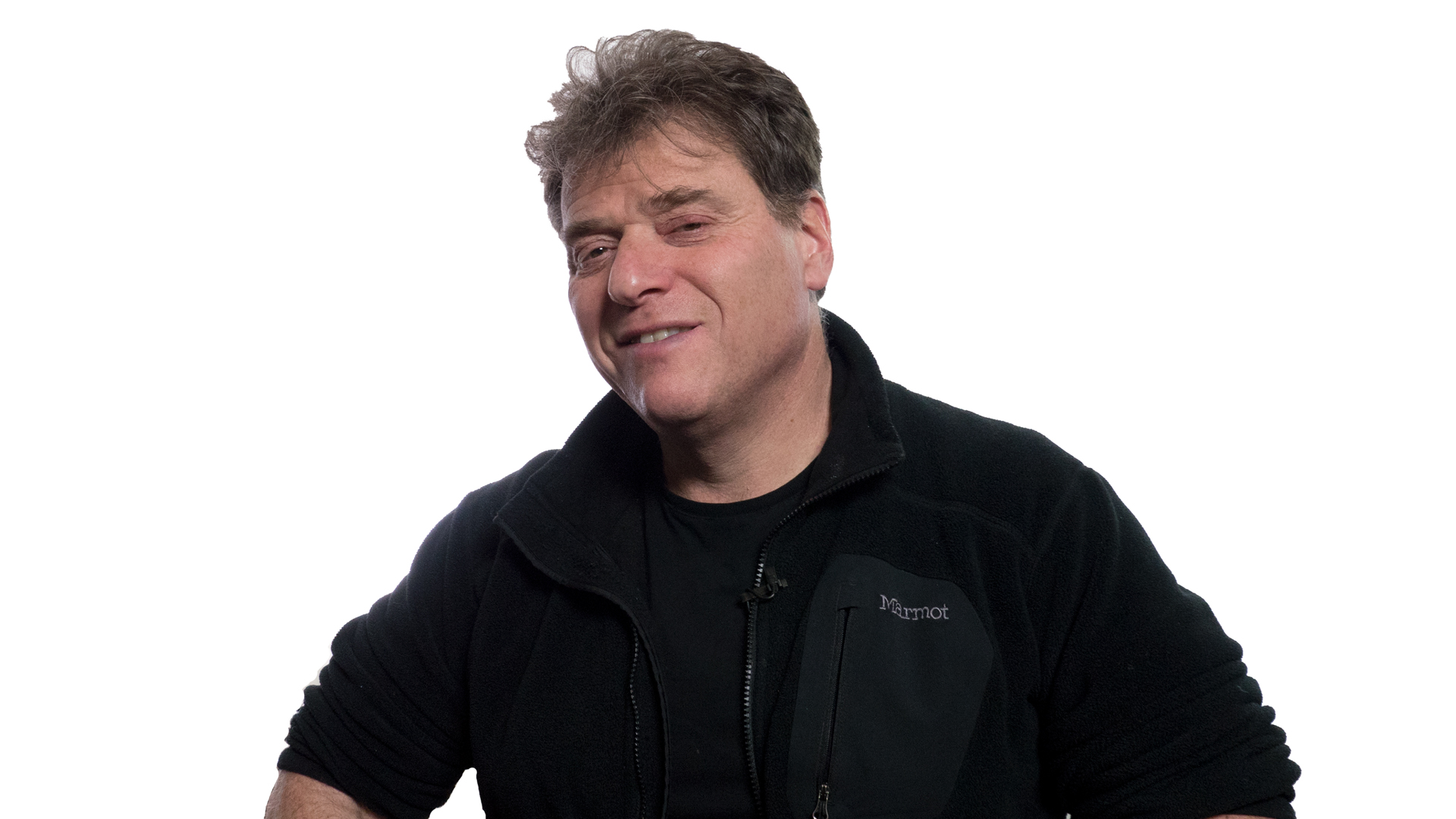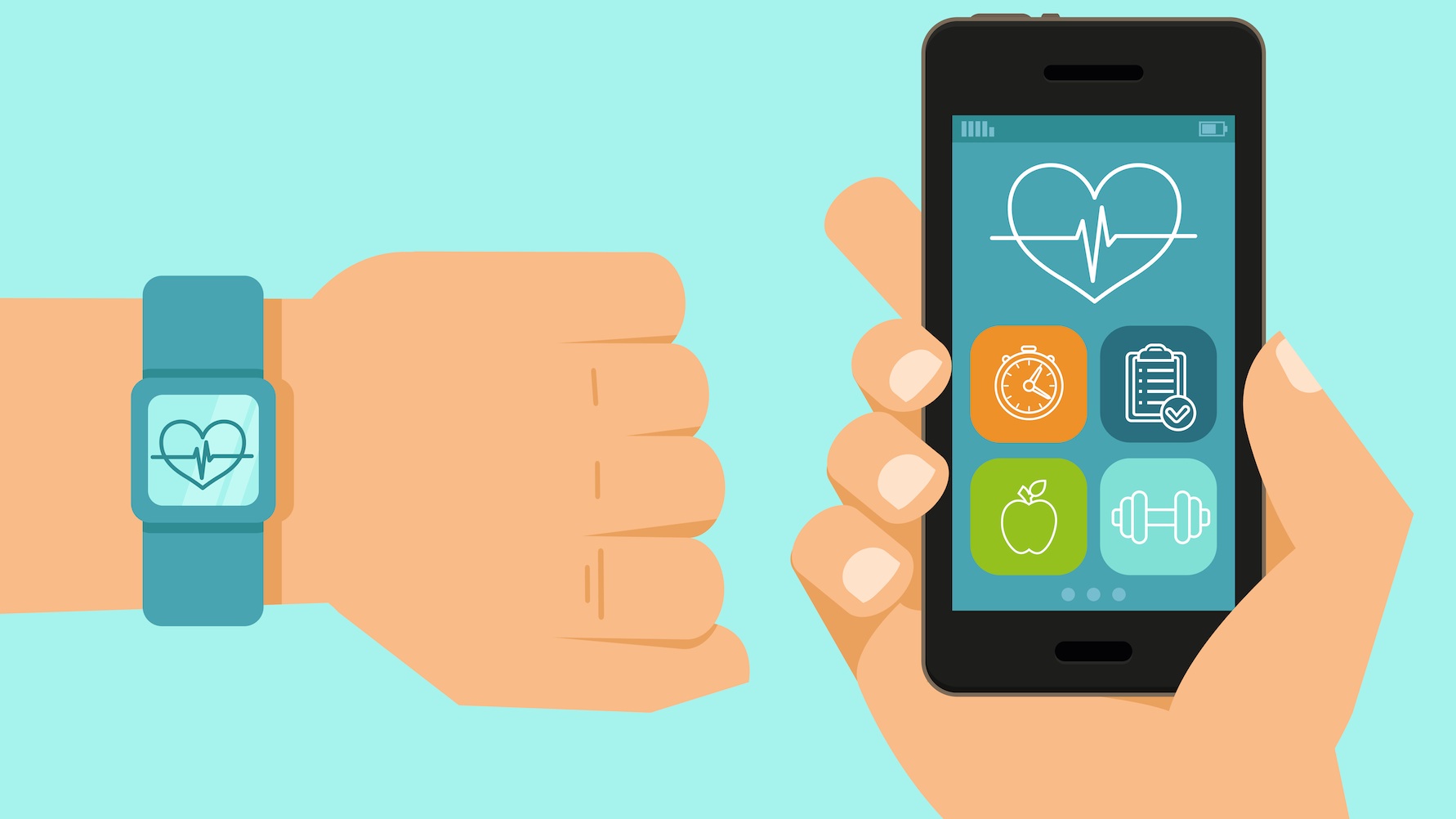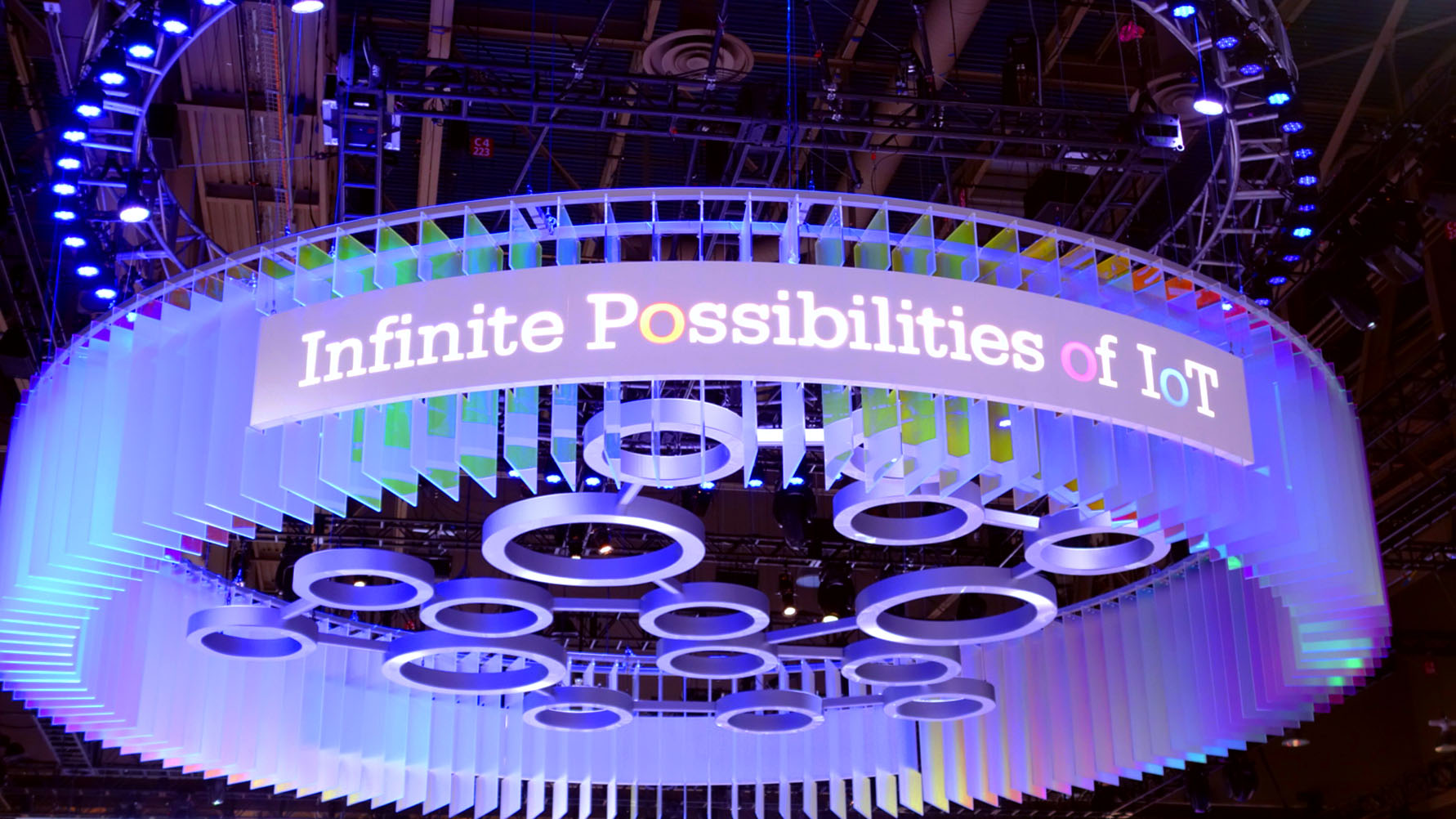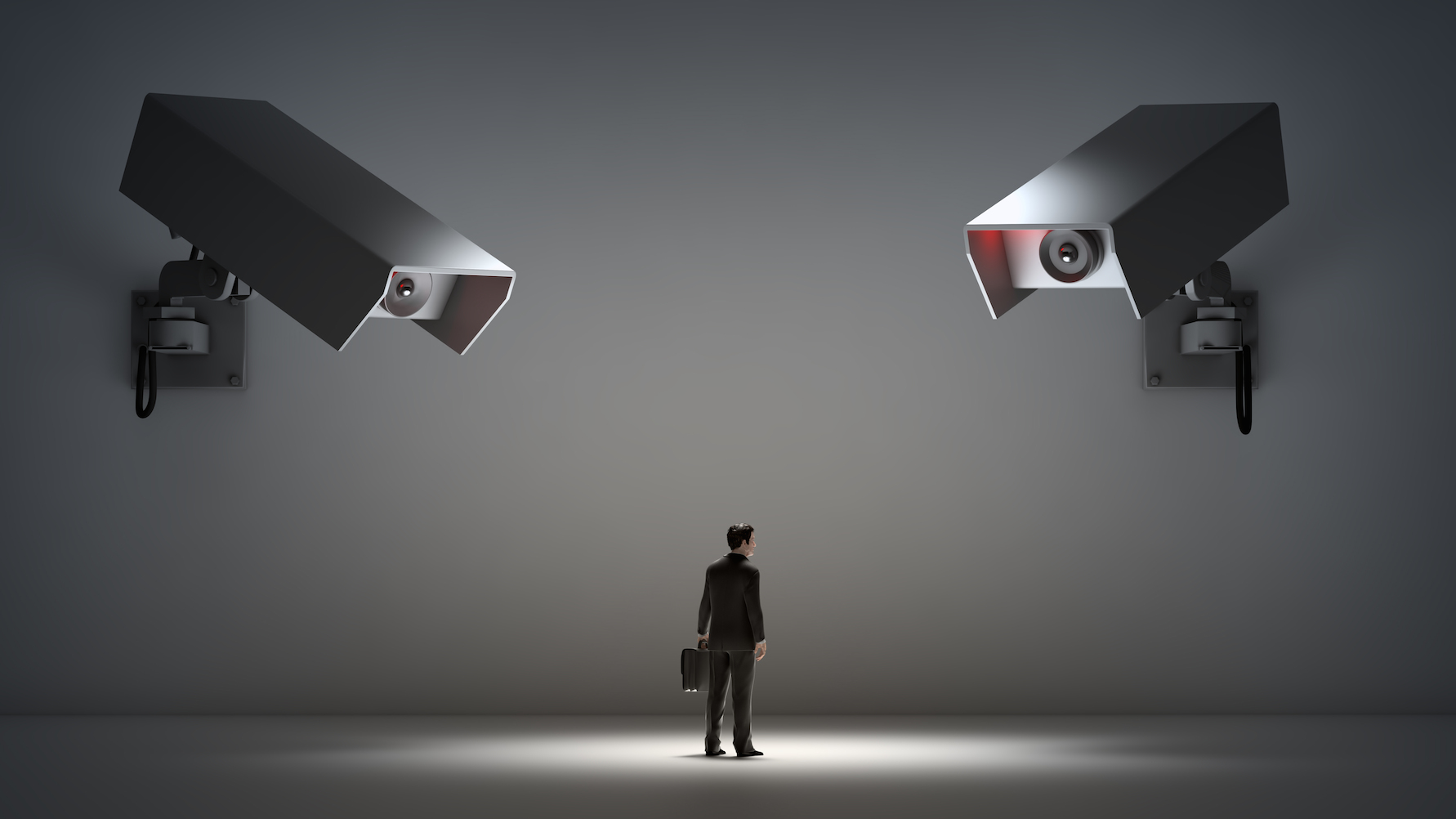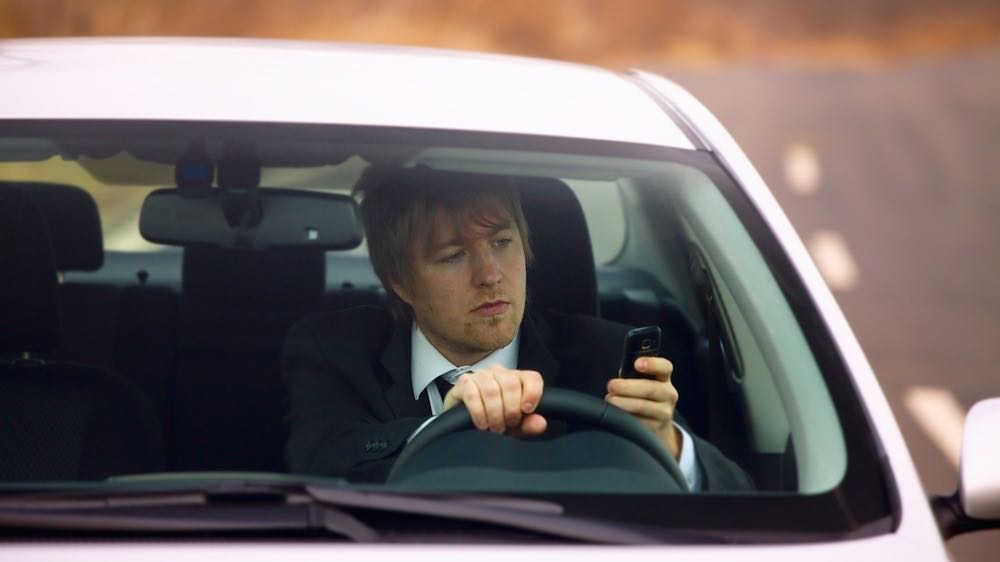Technology & Innovation
All Stories
The cognitive drain of switching tasks—”multitasking”—is more harmful to your brain than smoking marijuana, which studies have shown impedes concentration and memory formation.
As the debate over the health and safety of e-cigarettes continues, researchers claim they’ve found evidence of large doses of formaldehyde when the devices are turned up to their highest settings.
Google and Fidelity, an international investment firm, will invest $1 billion in Space X in an effort to extend the reach of Google’s Internet services and mapping imagery literally into outer space.
Andrew McAfee of the MIT Sloan School of Management discusses the concept of creative destruction, which explains the phenomenon of automation simultaneously wiping out existing industries while creating new ones in their place.
Office work isn’t good for our health, sitting for long stretches of time is killing us. Treadmill desks offer a unique solution to those of us who are desk-bound for the better part of the work week. But can we continue to work productively while we walk?
The short answer is “you can’t,” at least in most regards. But there are ways to hone your customer’s unique experience and keep them buying directly from you.
The so-called creative class has made it more difficult for the creators of culture—artists and thinkers who depend on leisure time—to produce work that reminds the country of its values, purpose, and potential.
Passion is a great motivator but having too much emotion riding on a particular job, promotion, or interview is a sure way to lose the interest of your professional colleagues.
Last year was the hottest on record for every place in the world, except two: a small part of Antarctica and the Northeast United States.
The nation’s largest gathering of transportation thinkers, the National Academies’ Transportation Research Board, was just held in Washington, DC. A nascent topic, that was discussed more in the hallways, than […]
“Unplugging digitally” was a top 3 New Year’s resolution this year as thousands seek to distance themselves from their devices. A new study suggests gadgetry isn’t as stress-inducing as we think.
Real estate entrepreneur Barbara Corcoran took to LinkedIn this week to offer advice on how to reinvent yourself professionally.
Author and entrepreneur Andrew Keen recently visited Big Think to discuss his new book “The Internet is Not the Answer,” which explores the negative effects of Silicon Valley innovations on society.
Artists are being priced out of New York and other large urban centers. Some are moving to Detroit where houses go for a dollar; others are finding refuge in the suburbs.
The internet comments provide a means for researchers to asses people’s uninhibited, inner thoughts and feelings that they may not otherwise express if they weren’t anonymous. So, what do they have to say about women in STEM fields?
It may be prudent to save up just in case you run into a tough 6 months, but it’s also smart to start investing for the long term as soon as possible.
Taking notes by hand helps students learn more and it’s up to teachers to impose anti-screen policies in the classroom as a pedagogical tool.
Up until the 1980s women made up a large part of the computing industry with 37 percent of women graduating with degrees in Computer Science. So, what happened to all the women? Advertising.
Fitness wearables do have the ability to facilitate change. But not if 42 percent of people stop using them after the first six months.
By analyzing the books, films, and organizations you’ve Liked on Facebook, computers can create a more accurate picture of your identity than your friends, family, or even your spouse can.
Search engines are reclaiming web content for the people as they tinker with their algorithms. The goal is to promote sites that write engaging content while burying sites that strive only to appeal to search engines.
In this digital economy companies want you to own nothing—only own a “license” for a product–which means they could take it back at any time they choose and they have.
A recent study surveying the online photo posting habits of 800 men (ages 18 to 40) found those who posted more images of themselves measured higher for traits relating to narcissism and/or psychopathy.
Reverse the Odds, a mobile game developed by Cancer Research UK and Channel 4, invites users to find patterns in real tumor tissue in order to help scientists learn more about cancer.
In 2012, a “leap second” crashed sites such as Reddit and Yelp. Linux creator Linus Torvalds tells WIRED that we shouldn’t expect that to happen again this June.
Annual checkups cost the nation billions while yielding virtually no health benefits, argues Ezekiel J. Emanuel.
Forget the drones, 4K TVs and virtual reality headsets. This year’s Consumer Electronics Show was dominated by devices and services that connect your world.
Plummeting economic prospects for working-class Americans have resulted in an epidemic of unstable interpersonal relationships, according to Andrew Cherlin, a scholar at Johns Hopkins University.
The internet of everything is posing to take over our homes and personal lives, allowing use to control and track our lives with ease. But what these devices could say about us, if taken out of context, could be misleading.
Sensors inside cars could soon monitor drivers for signs of distraction or tiredness, alerting them before an accident occurs as a result.












